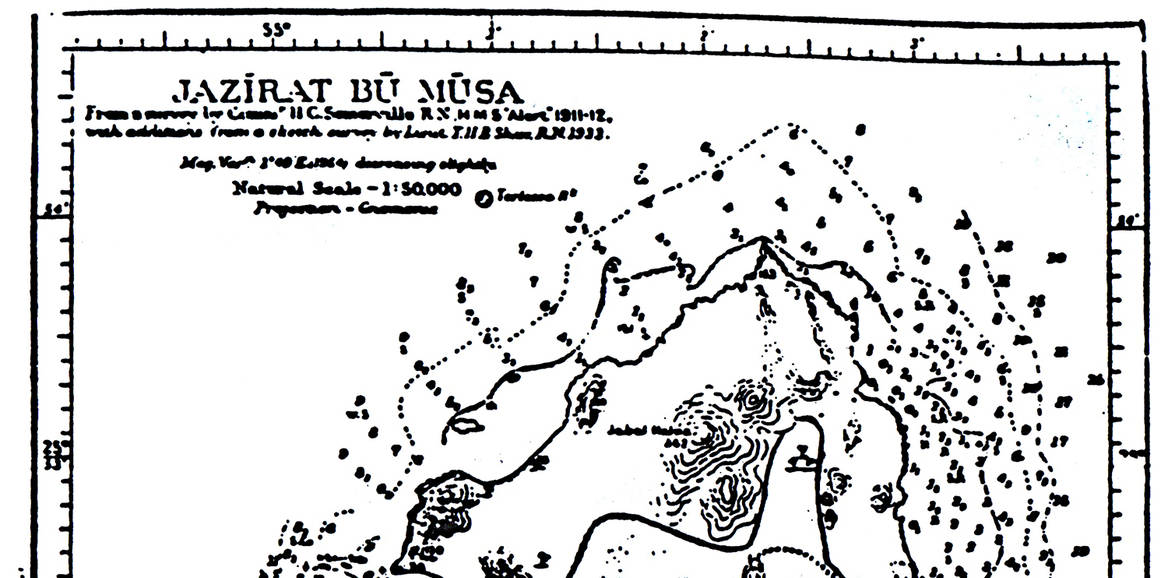Examining the long-running territorial dispute between the UAE and Iran, a new book analyses its roots and suggests a way forward
For over forty years, the dispute over the three islands of Abu Musa, Greater Tunb and Lesser Tunb has been a sore in relations between the United Arab Emirates and Iran. Initially occupied by Iran in 1971 during the time of the Shah and the formation of the UAE, the islands are a useful study of a seemingly intractable territorial dispute between a small set of city states and a regional hegemon.
For the UAE, careful management of the dispute is crucial to neither exasperate conditions and provoke Iran into a more forceful response, possibly targeted at the UAE mainland, nor to give Iran leave to argue that the UAE has dropped its ‘misunderstood’ claims to the islands. Long-term management rather than short- term resolution appears to be the best course of action.
For Iran, the dispute is a matter of Emirati misunderstanding. Iran needs little more than for the status quo with the UAE to continue, leaving it free to concentrate on its myriad of other concerns. Yet as the security situation in the Middle East has convulsed in recent years, and international focus has turned more harshly on Iran, an emboldened UAE could, in theory, take advantage of such change to press its point.
In The Three Islands, Khalid S Z Al Nahyan considers the historical roots of the crisis and suggests what possibilities exist for its ultimate resolution - to the benefit of both the UAE and Iran.
DETAILS
The Three Islands: Mapping the UAE-Iran Dispute
Khalid S Z Al Nahyan
Foreword by Michael Clarke
168 pages
ISBN 0-85526-104-3

